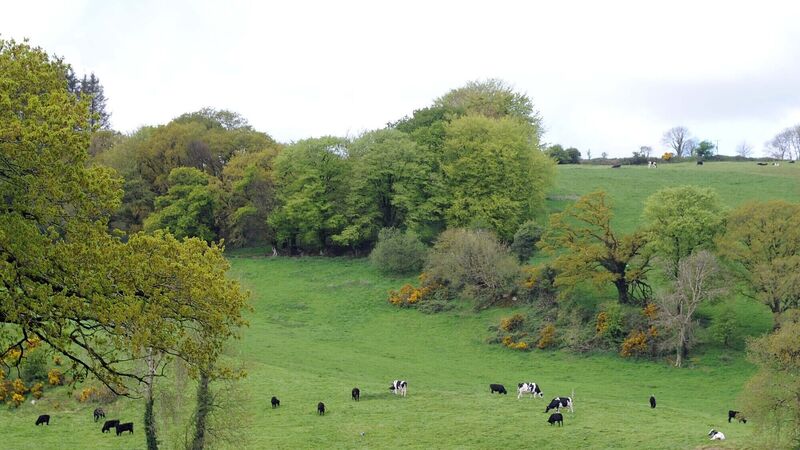Eamon Ryan: By pulling together, we can meet the emissions challenges we face

The crucial second phase of the Land Use Review will help us to completely rethink and reuse our land so that it can work as an effective carbon sink. Picture: Denis Minihane
Most people overestimate what they can do in a year and underestimate what they can do in a decade.
I’ve probably overused this quote often credited to Bill Gates but I think it’s worth repeating as we face into this first full week after the announcement of the sectoral emission ceilings agreed last Thursday evening in Government Buildings.
CLIMATE & SUSTAINABILITY HUB















